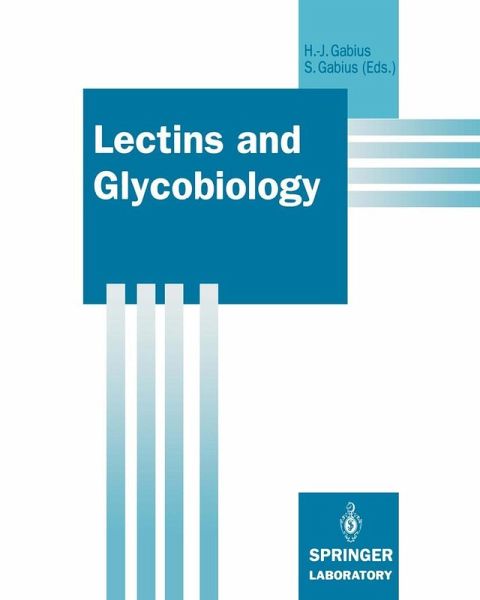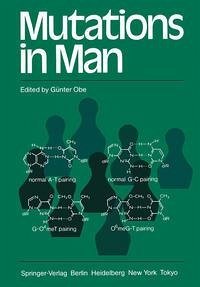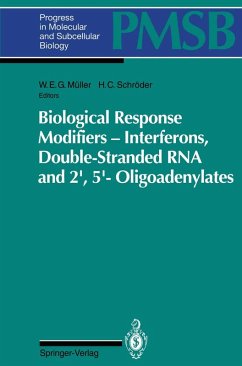
Lectins and Glycobiology (eBook, PDF)

PAYBACK Punkte
36 °P sammeln!
The intriguing complexity, precision, and regulation of the wide range of biologi cal processes is determined by intricate mechanisms of molecular recognition. Their nature is under intense scrutiny. In addition to the well-appreciated interac tion of proteins either with amino acid or nucleotide sequences, the investigation of their interplay with carbohydrate elements of cellular glycoconjugates current ly exerts increasing attraction. In the group of carbohydrate-binding proteins, lec tins are distinguished from antibodies or ligand-affecting enzymes, according to the most recent definition...
The intriguing complexity, precision, and regulation of the wide range of biologi cal processes is determined by intricate mechanisms of molecular recognition. Their nature is under intense scrutiny. In addition to the well-appreciated interac tion of proteins either with amino acid or nucleotide sequences, the investigation of their interplay with carbohydrate elements of cellular glycoconjugates current ly exerts increasing attraction. In the group of carbohydrate-binding proteins, lec tins are distinguished from antibodies or ligand-affecting enzymes, according to the most recent definition. The thorough analysis of their structure and function is considered as a focus to collect a critical mass of information for delineating details of a further array of biochemical processes with pivotal physiological im pact. Following an already century-long history of scientific description, reflected by subjectively chosen highlights (see the Brief History of Lectin Research at page VI), the excitement in glycobiological research that prevails today can easily be ex plained by our growing awareness of the multifarious significance of a sugar-code system of biological information. This present notion unmistakably has an im pact on lines of research in diverse disciplines like cell and molecular biology, histochemistry, or clinical sciences. It also prompts inherent practical questions such as how to obtain lectins, or how to employ them as instruments in various assay systems with the best possible results. Thus, this book is devoted intentionally to cover the techniques in different research fields that deal with lectins.
Dieser Download kann aus rechtlichen Gründen nur mit Rechnungsadresse in A, B, BG, CY, CZ, D, DK, EW, E, FIN, F, GR, HR, H, IRL, I, LT, L, LR, M, NL, PL, P, R, S, SLO, SK ausgeliefert werden.












